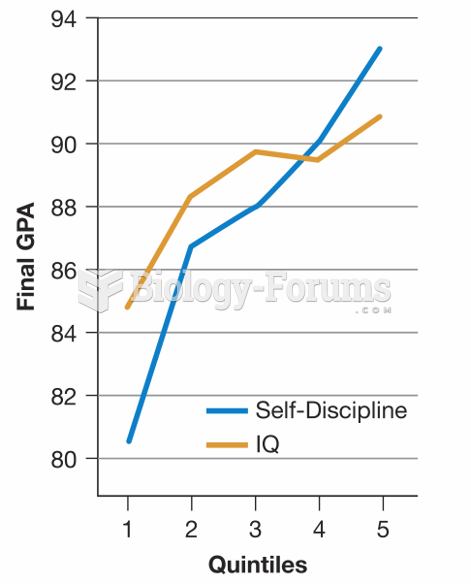Answer to Question 1
ANSWER:
Punishment emphasizes what children should not do, is negative, undermines a childs independence, is an adult release, thinks for the child, defeats self-esteem, and condemns misbehavior. On the other hand, discipline emphasizes what the child should do, is positive, leads to self-control, helps the child change, fosters childrens ability to think, bolsters self-esteem, and shapes behavior. Punishment is often a one-time occurrence, whereas discipline is an ongoing process.
Answer to Question 2
ANSWER:
Five factors that affect behavior are:
a.
Developmental factors help teachers anticipate what children will do and how they might behave. This predictability helps teachers maintain reasonable expectations for childrens behavior. When adults are aware of what behaviors are simply beyond the capabilities of children, they can help avert situations that lead to conflicts.
b.
Environmental factors help children control their behaviors. The classroom should be designed for childrens use, with small-size furniture arranged with low, open shelves to encourage children to take out, use, and then put away the materials they want. Challenging, stimulating, and age-appropriate materials capture childrens attention and interest, which helps prevent many opportunities for misbehavior.
c.
Individual or personal styles are present from birth. Teachers need to know a childs temperament so that discipline and guidance measures can be tailored to meet his or her unique needs.
d.
Social and emotional needs of children can create behavioral problems. This includes the need to feel loved and cared for, the need to be included, the desire to be considered important and valued, the desire to have friends, and the need to feel safe from harm. Because young children are still working out ways to express these needs and feelings, sensitive teachers will want to help them learn communication skills to resolve these conflicts.
e.
Discipline and guidance are deeply embedded in the values and beliefs of the family. The familys culture shapes how they raise their children, and each family is unique in the way they interpret these values. Child-rearing practices are culturally influenced, and the cultural practices of some families may be at odds with a teachers ideas and expectations. As teachers become familiar with the customs and beliefs of the families they serve, they will gain insights into childrens behavior. Teachers need to be flexible and nonjudgmental as they work with the cultural implications of childrens behavior.







